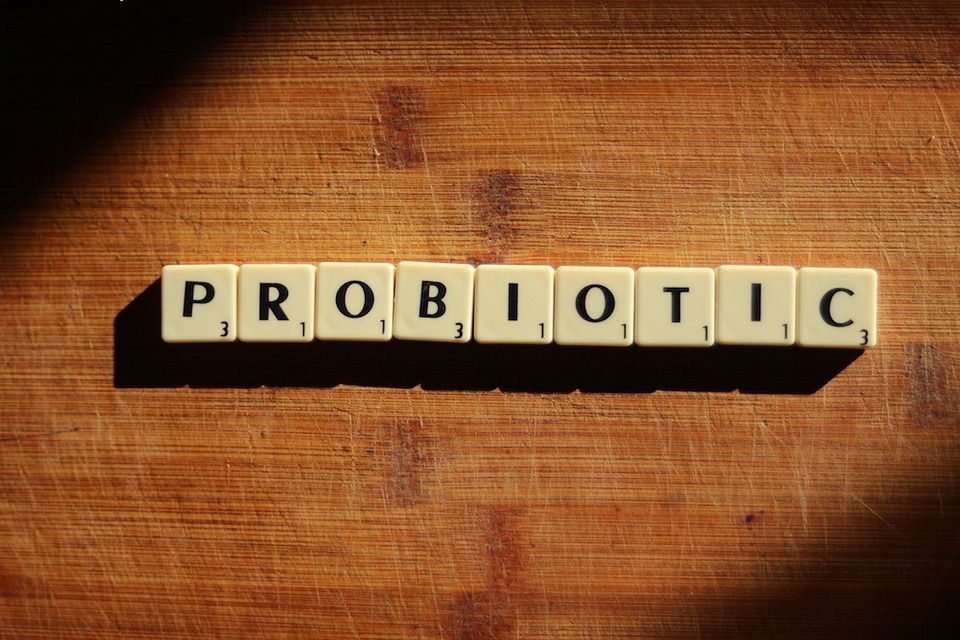Probiotics are beneficial bacteria that live in the gut and help support overall health. While probiotics are often associated with digestive health, they can also have a positive impact on children’s health. In this blog post, we’ll take a closer look at the connection between probiotics and children’s health and the many ways they can support the health and wellbeing of growing bodies and minds.
The Importance of Gut Health for Children
Gut health is essential for overall health, but it’s especially important for children. The gut plays a crucial role in digestion, absorption of nutrients, and immune function. The gut microbiome, which is made up of trillions of bacteria and other microorganisms, is an essential part of gut health. The gut microbiome can influence the development of the immune system, cognitive function, and even the risk of certain diseases.
How Probiotics Can Benefit Children’s Health
Probiotics can have a positive impact on children’s health in a range of ways. Here are some of the ways that probiotics can benefit children’s health:
1. Improved Digestion
Probiotics can help support digestion and the absorption of nutrients, which is essential for healthy growth and development.
2. Boosted Immune Function
The gut microbiome plays a crucial role in immune function, and probiotics can help support a healthy immune system. This can help reduce the risk of infections and illnesses.
3. Reduced Risk of Allergies
Recent research has shown that probiotics may help reduce the risk of allergies in children. Probiotics can help support a healthy immune system, which may help prevent the development of allergies.
4. Improved Mood and Behavior
The gut-brain connection plays a crucial role in mood and behavior, and probiotics can have a positive impact on this connection. Probiotics can help support the production of neurotransmitters like serotonin, which is essential for regulating mood and emotions.
5. Prevention of Antibiotic-Associated Diarrhea
Antibiotics can disrupt the balance of bacteria in the gut, leading to diarrhea. Probiotics can help restore the balance of good bacteria in the gut and prevent antibiotic-associated diarrhea.
The Best Probiotics for Children’s Health
There are many different types of probiotics, and choosing the right ones can be overwhelming. Here are some of the best probiotics for children’s health:
1. Lactobacillus Acidophilus
Lactobacillus acidophilus is a type of bacteria that can help support digestive health and boost the immune system. It may also help reduce the risk of allergies.
2. Bifidobacterium Bifidum
Bifidobacterium bifidum is a type of bacteria that can help support digestive health and boost the immune system. It may also help reduce the risk of allergies.
3. Lactobacillus Reuteri
Lactobacillus reuteri is a type of bacteria that can help support digestive health and boost the immune system. It may also help reduce the risk of colic in infants.
4. Streptococcus Thermophilus
Streptococcus thermophilus is a type of bacteria that can help support digestive health and boost the immune system. It may also help reduce the risk of antibiotic-associated diarrhea.
Incorporating Probiotics into Your Child’s Diet
In addition to taking probiotic supplements, there are many ways to incorporate probiotics into your child’s diet. Here are some ideas:
1. Yogurt
Yogurt is a popular probiotic food that can be enjoyed as a snack or used in recipes. Look for yogurt that contains live and active cultures for the most benefits.
2. Kefir
Kefir is a fermented milk drink that is rich in probiotics. It can be enjoyed on its own or used in smoothies and other recipes.
3. Sauerkraut
Sauerkraut is a fermented cabbage dish that is rich in probiotics. It can be used as a topping for sandwiches, salads, and more.
4. Kimchi
Kimchi is a fermented vegetable dish that is rich in probiotics. It can be used as a side dish or added to recipes for extra flavor and nutrition.
Choosing the Right Probiotics for Children’s Health
Choosing the right probiotics is important to ensure that your child gets the maximum benefits for their health. Here are some factors to consider when choosing a probiotic:
1. Probiotic Strains
Different probiotic strains have different benefits, so it’s important to choose a probiotic that contains the right strains for your child’s needs. Look for probiotics that contain the Lactobacillus and Bifidobacterium strains, which are the most well-studied probiotic strains for children’s health.
2. Dosage
The dosage of probiotics can vary depending on the age and weight of your child. It’s important to follow the dosage instructions on the label to ensure that your child is getting the right amount of probiotics for their needs.
3. Quality
When choosing a probiotic for your child, it’s important to choose a high-quality product that contains live and active cultures. Look for products that are free from additives, preservatives, and other harmful ingredients.
Precautions and Side Effects
While probiotics are generally safe for children, there are some precautions and potential side effects to be aware of. Here are some things to keep in mind:
1. Allergies
If your child has a dairy allergy, be cautious when giving them probiotics that contain milk or other dairy products. Look for dairy-free probiotics instead.
2. Digestive Issues
Some children may experience digestive issues like bloating, gas, and diarrhea when first starting probiotics. This is usually temporary and should subside within a few days.
3. Immune System Issues
If your child has a weakened immune system or is taking immunosuppressant medications, talk to your doctor before giving them probiotics.
4. Interactions with Medications
Probiotics may interact with certain medications, so be sure to talk to your doctor before giving your child probiotics if they are taking any medications.
Conclusion
Probiotics are a powerful tool in the fight for children’s health and wellbeing. By improving gut health, boosting immune function, and supporting overall health, probiotics can help support healthy growth and development in children. When choosing a probiotic for your child, be sure to choose one that contains the right strains for their needs and follow the dosage instructions on the label. With the right probiotics and a healthy diet, you can help support your child’s health and wellbeing for years to come.







